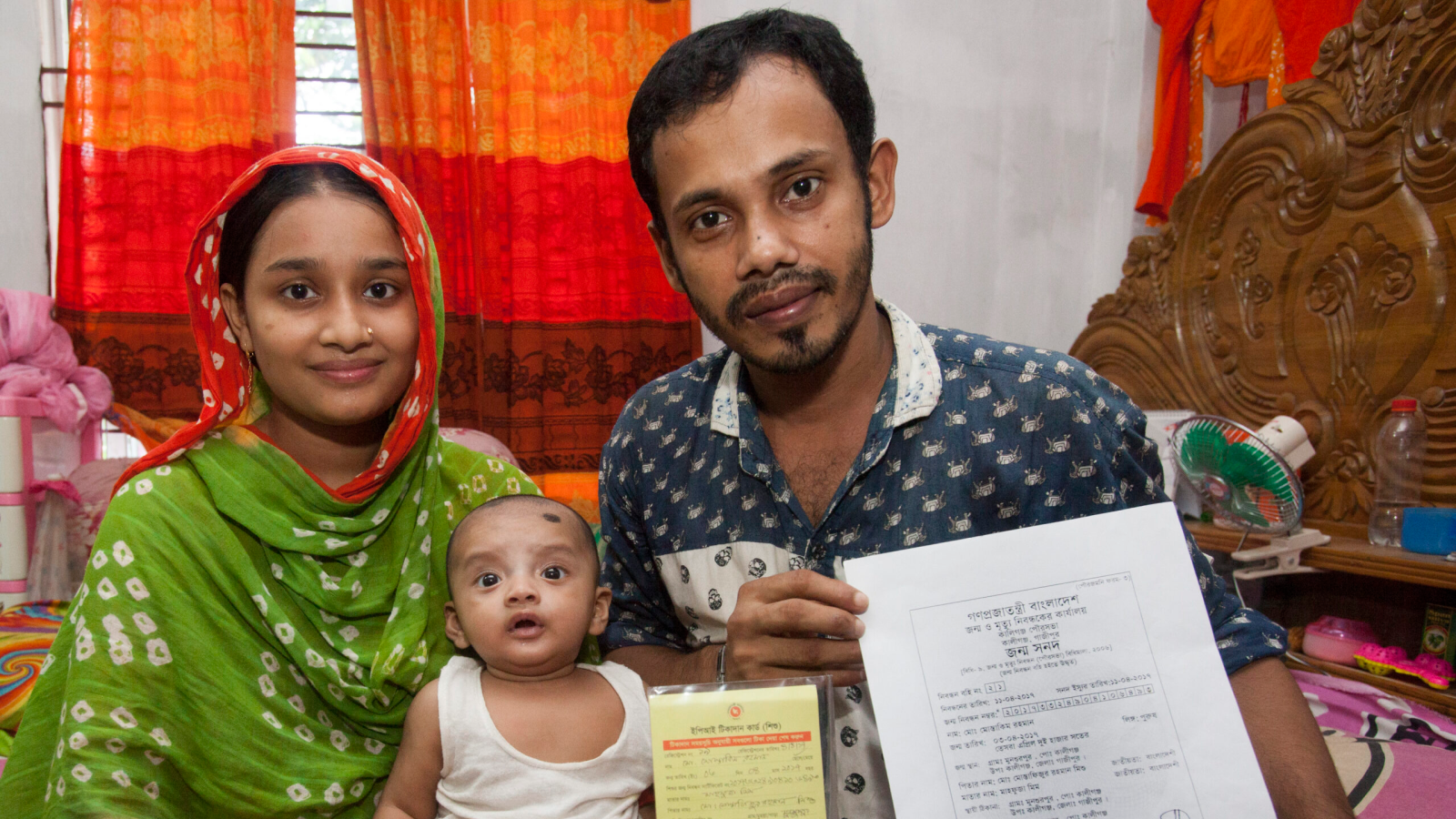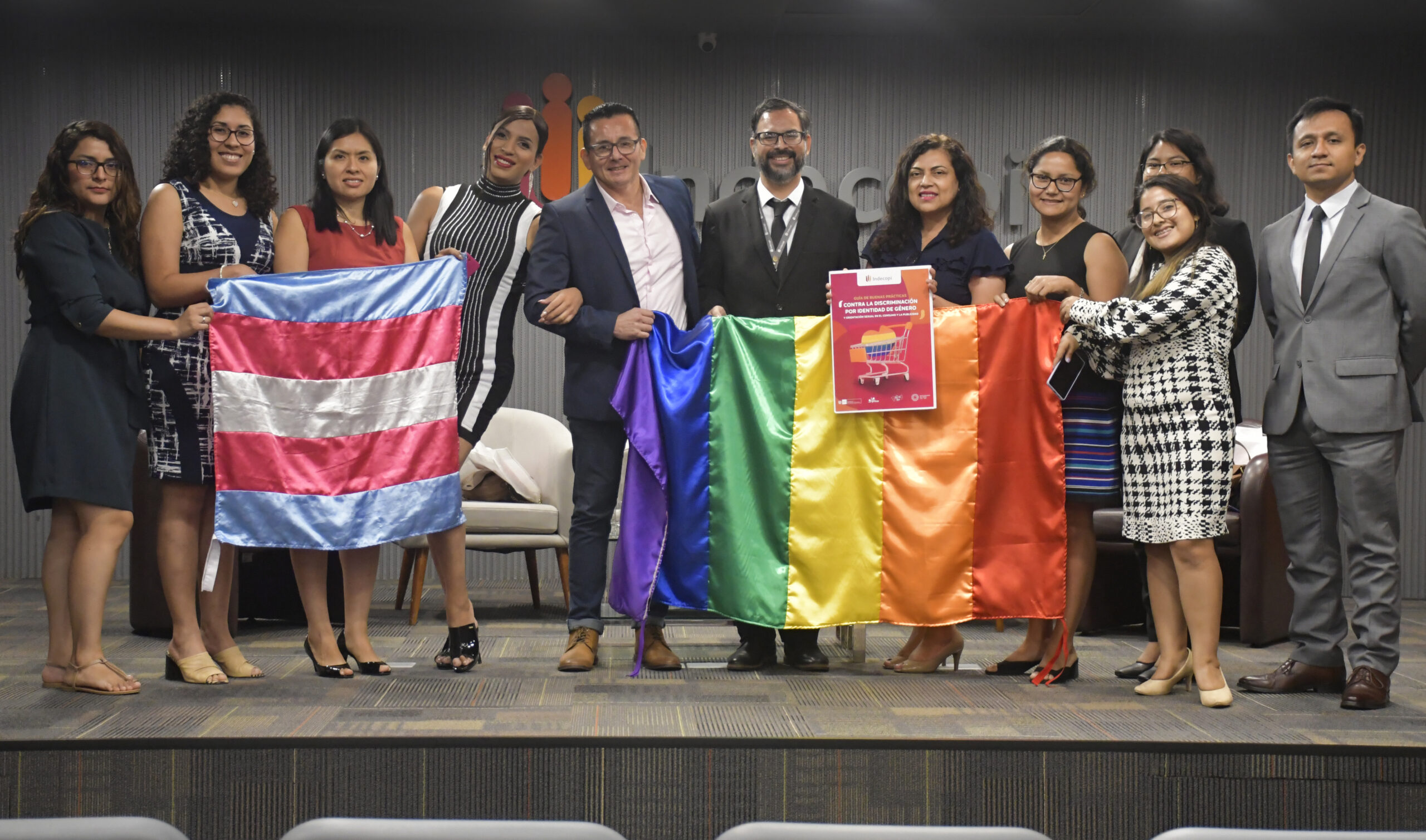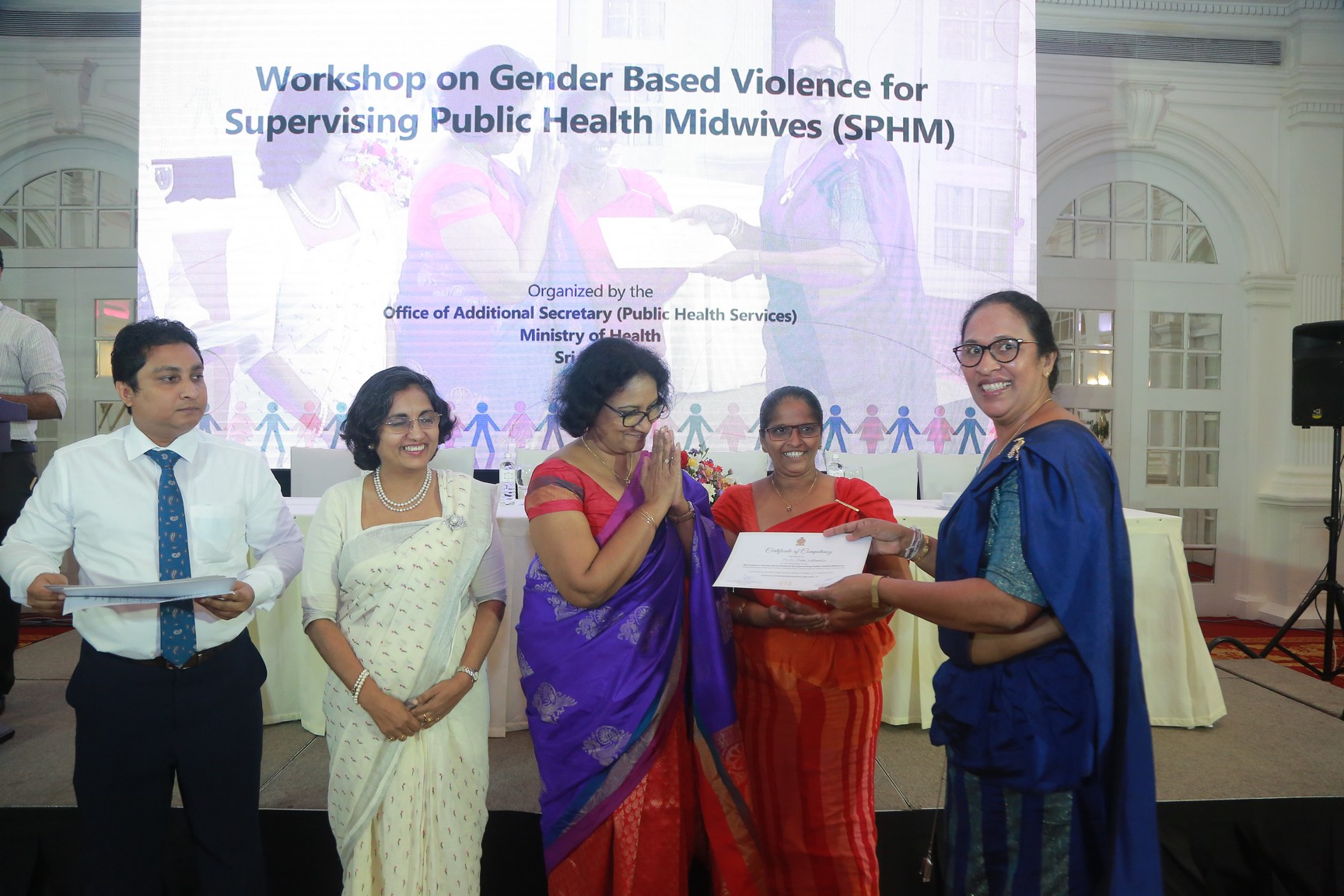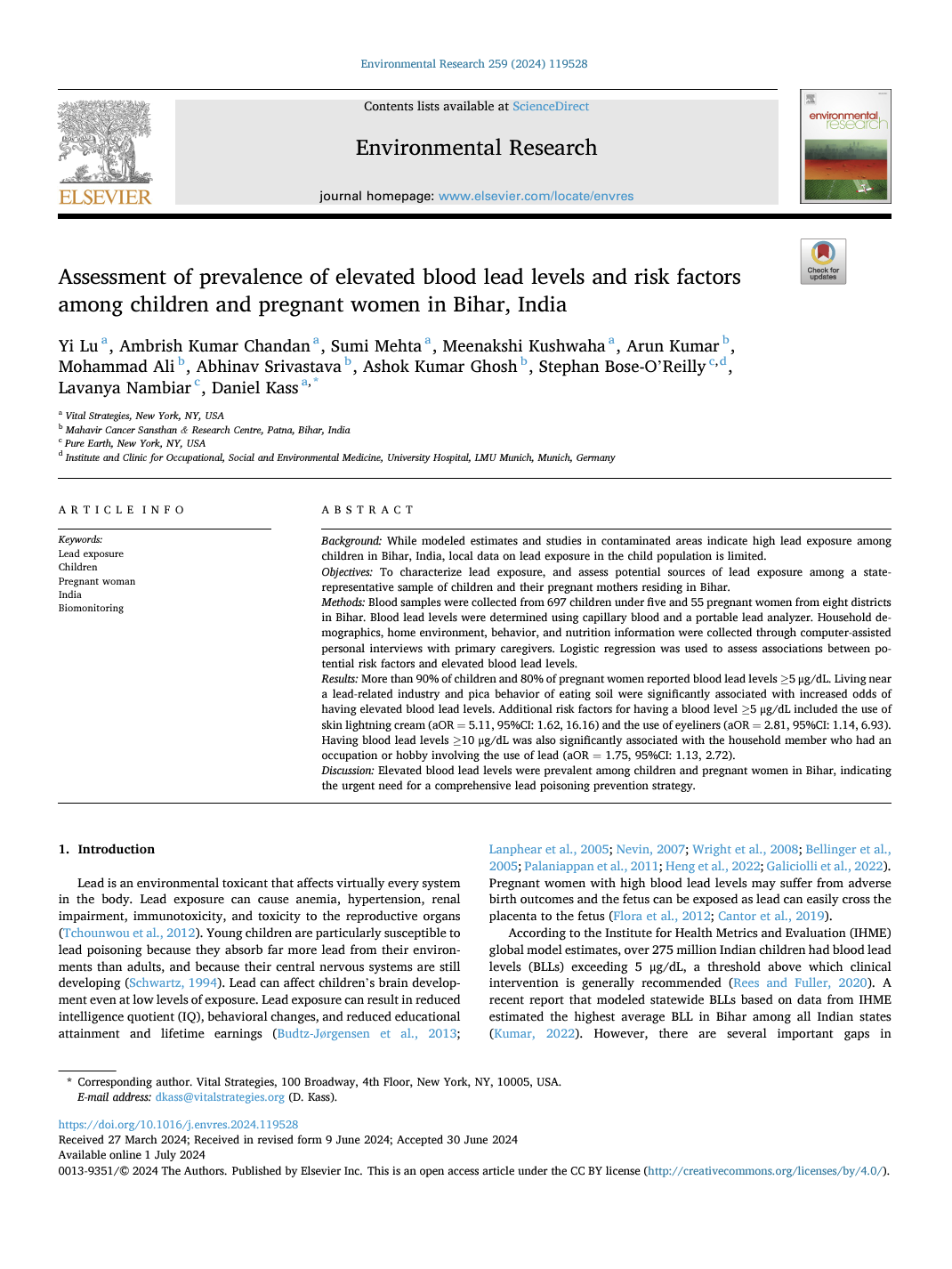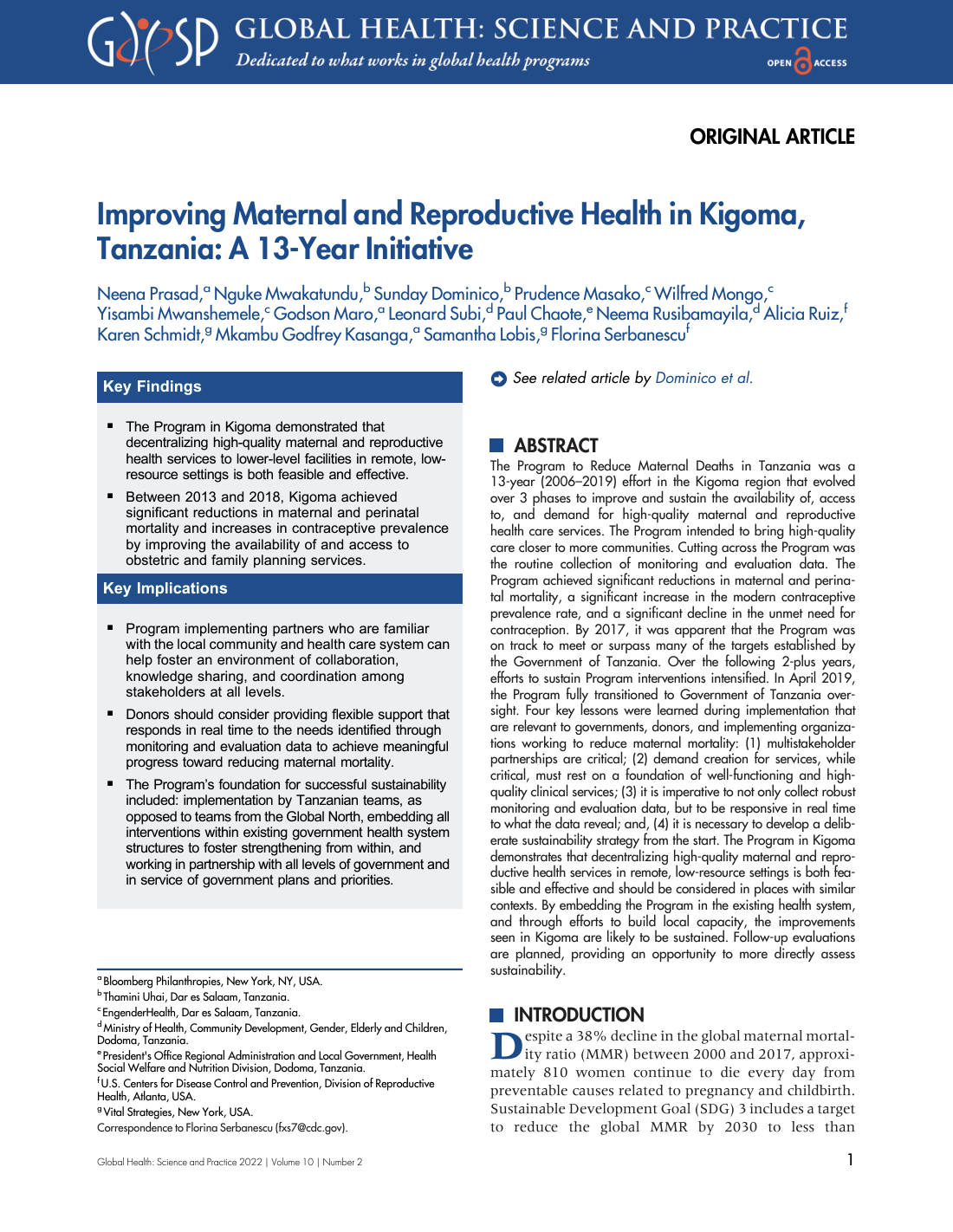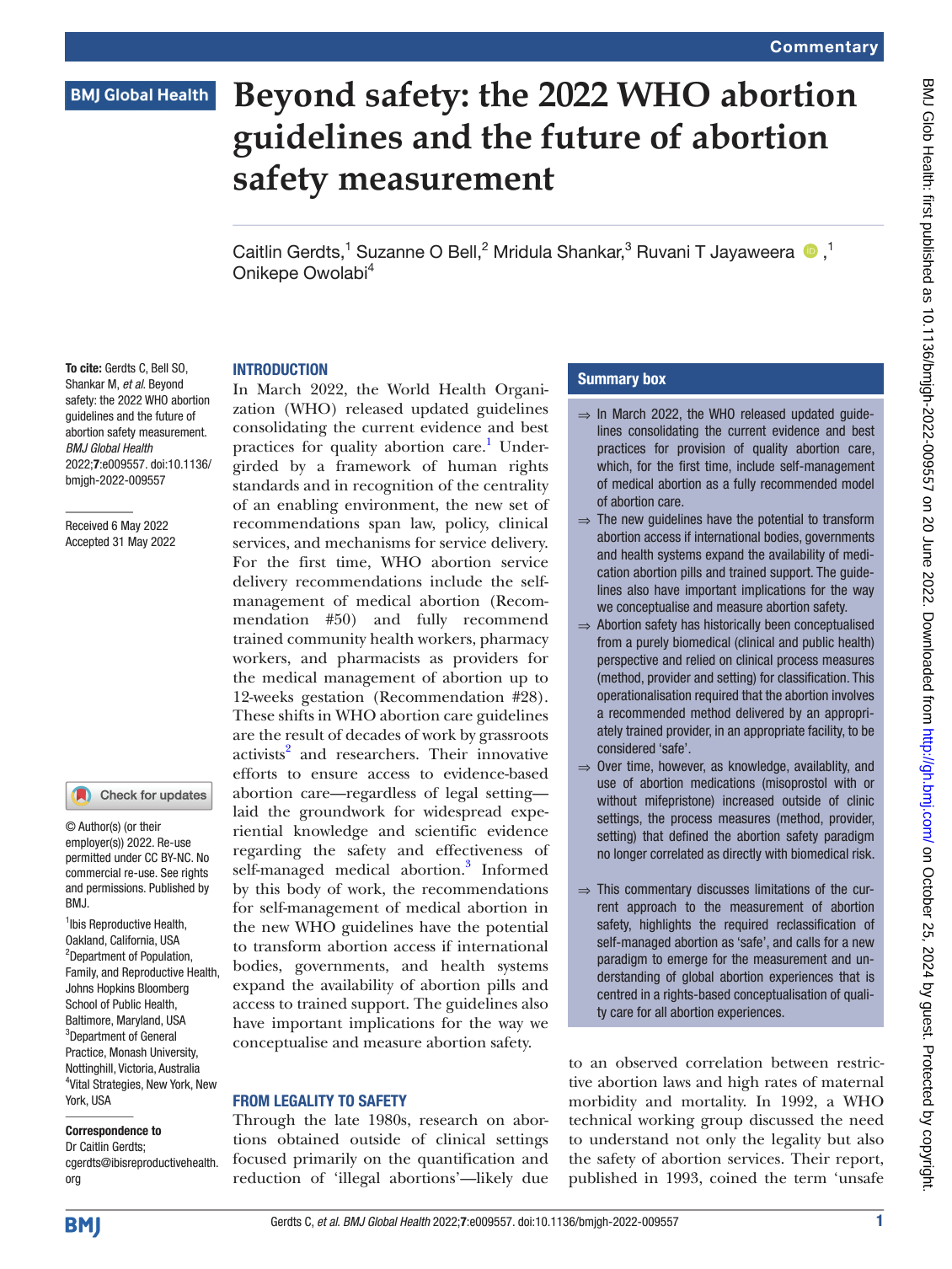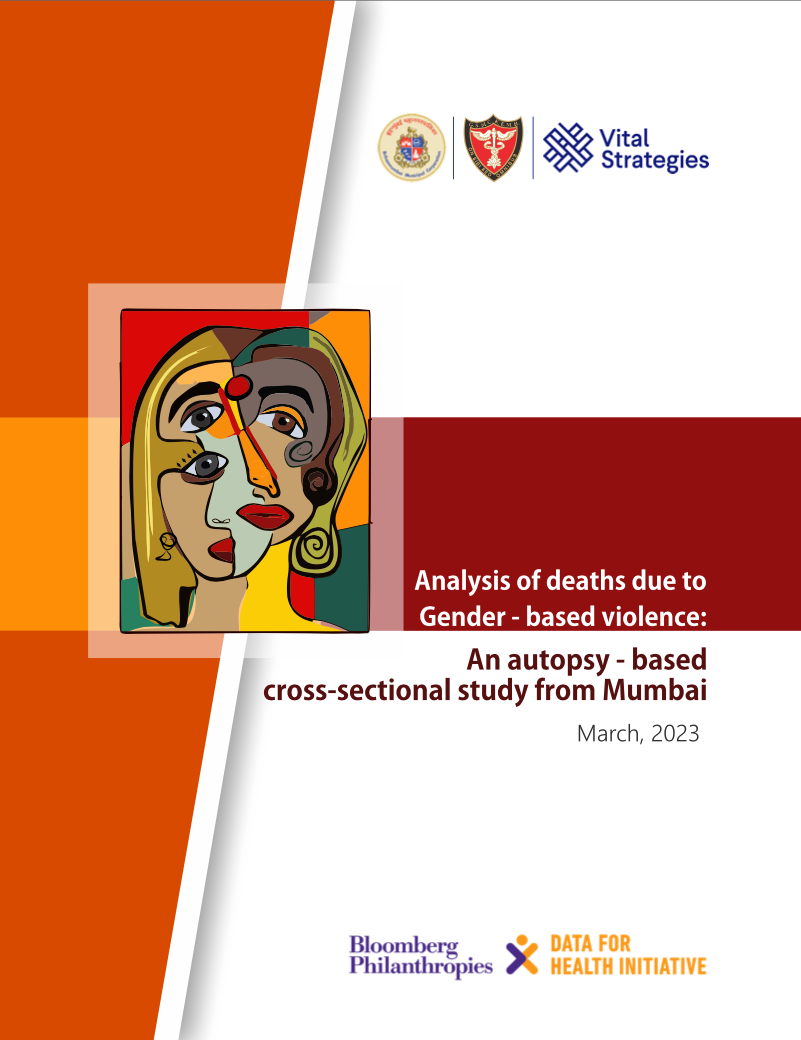The Bloomberg Philanthropies Data for Health (D4H) Initiative supports governments to turn high-quality data into action. Gender equity is a cross-cutting priority intentionally woven into the four D4H programs. Each program partners with governments to mainstream gender, including legal gender recognition, into health systems and data use, promoting gender transformative policies.
- CRVS
Gender-related interventions include strengthening the link between the medico-legal death investigation system and the health sector to identify and prevent previously hidden cases of gender-based violence; developing gender-relevant CRVS indicators for monitoring and evaluation of system performance and for addressing such issues as child marriage prevention; and ensuring data collection processes and pathways allow for sex and gender disaggregation and data recording for addressing any gender inequalities in death registration. - Data Impact
Our flagship Data to Policy (D2P) program has supported numerous country teams to develop policy briefs on priority topics identified by government partners, to turn data to policy actions that improve the health of women and girls and address health inequities. Other gender equity work involves developing global tools, material and methods on gender data analysis, producing gender statistics reports for ministries of health, and exploring specific topics related to gender equity to inform policy decisions. Some examples include establishing processes and methodologies to measure the burden of gender-based violence and assess the delivery of services to survivors of violence and identifying the impact of noncommunicable diseases on women. - Cancer Registry Program
Cancer Registry Program supports a range of cancer surveillance efforts and south-to-south capacity building initiatives that aim to reduce gender disparities and address sex-specific cancers. While supporting governments to establish population-based cancer registries, the Program sheds light on differentials in disease burden and mortality outcomes, including cervical cancer. - Global Grants Program
Global Grants Program provides an opportunity for countries to identify and improve gender equity in national priority areas. Over the years the GGP has supported a range of gender equity projects including an analysis of sexual and reproductive health data to improve post-abortion care, data quality assessments of sexual and reproductive health indicators to strengthen gender inclusivity in CRVS legal and regulatory frameworks, and efforts to improve data availability on and access to legal gender recognition for trans and nonbinary people.
